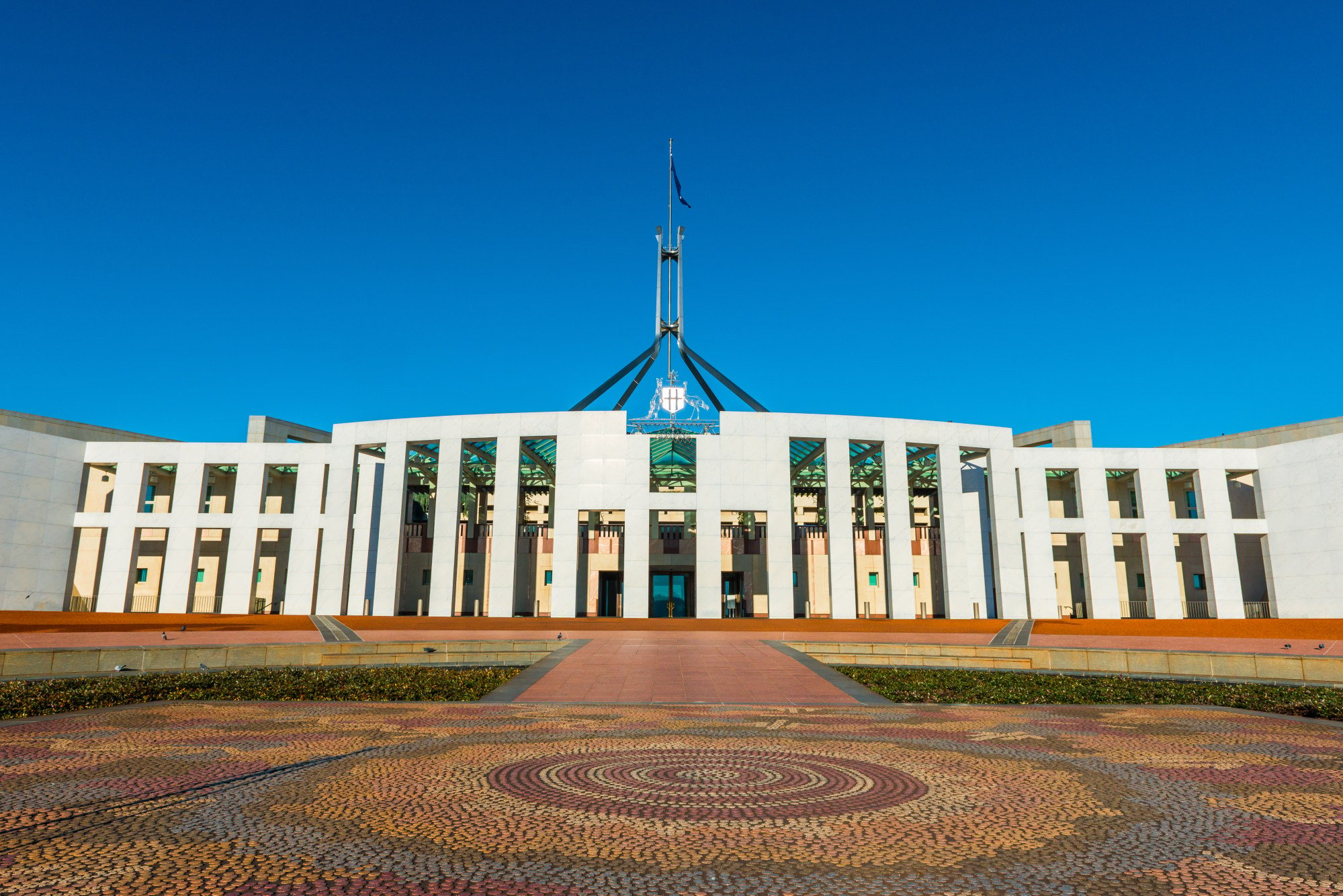
Meta, other US tech giants aren’t ‘defending Australians from surveillance’, expert tells inquiry
- Cryptographer Vanessa Teague urges parliamentary inquiry into foreign interference to ‘think critically’ about submissions that call for a ban on Chinese apps over alleged links to the Communist Party
- Meta and its competitors’ social media networks are designed to misdirect and misinform, and benefit their own business models, the expert adds
The inquiry, aimed at investigating risks to Australia’s democracy from foreign interference through social media, was set up late last year and is due to publish a report on its findings on August 1.
TikTok, Meta grilled over China, foreign interference in Australian inquiry
“My concern is that companies headquartered in democratic countries may be mistakenly assumed to be supporting democratic values, when really they pursue their own business models, often to the significant detriment of democracy,” Teague said in her submission.
While concerns about the threat of foreign interference through apps based in non-democratic countries were valid, the inquiry’s focus should not be limited to those apps, or “engines for highly targeted manipulation” which could be accessed by any ad-paying user, she said.
Using the US tech giant Meta’s submission to the inquiry as an example, Teague said its claim to the inquiry that “the values that underpin the original global internet are increasingly being challenged by a different model pioneered by other strong forces in the region – a heavily surveilled closed internet, data localisation, and very little individual privacy”, was designed to misdirect and misinform.

On Meta’s comment on internet surveillance, Teague said surveillance was performed by many parties, including authoritarian governments, police and security services, and commercial entities for targeted advertising.
“Meta and its competitors are not defending Australians from surveillance – they administer the most invasive and extensive surveillance networks ever built,” she said.
In relation to the “individual privacy” reference, Meta and its product Facebook had been fined billions of dollars for privacy violations in Europe, Britain and the US, and were involved in a Federal Court case regarding privacy violations in Australia, Teague added.
“To try to cast themselves ... as the defenders of privacy is as credible as the Communist Party trying to rebrand as lovers of democracy and human rights,” she said.
“Meta is working hard to misdirect the [inquiry] committee away from solutions that would actually fight misinformation and online manipulation, but would also harm Meta’s business model.”
However, she said Meta was no “worse” than the other apps.
Best option for regulating TikTok is with industry and public consultation
Previous submissions on the topic included one by leading Australian WeChat researchers Wanning Sun of the University of Technology Sydney, and RMIT’s Haiqing Yu.
TikTok also provided new information to the inquiry on fees paid to cybersecurity expert Nigel Phair for a report on social media data collection practices completed in April.
Senator Paterson had quizzed TikTok on its payment terms, scope and publicity of that report which had, among others, found that Google and Facebook were the main apps US and Australian government agencies use to gather user data, more than Twitter and TikTok.

